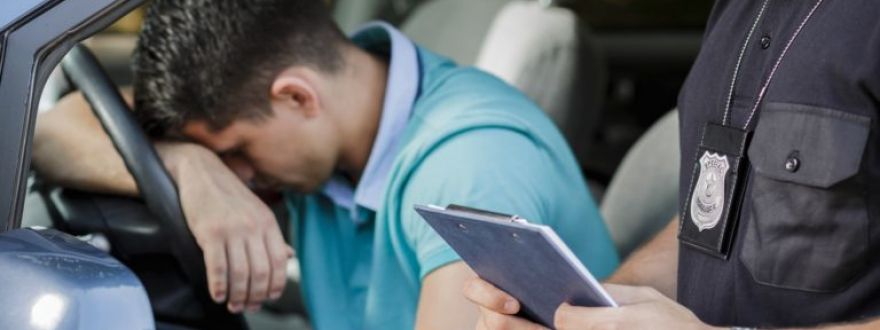
If you get a speeding ticket, that violation can stay on your driving record for three years or even longer. And because your driving history plays a large part in determining how much you’ll pay for insurance, the fewer tickets you have, the better.
Different carriers have different policies when it comes to checking your driving record and dealing with drivers who have violations. Some carriers check your driving record more often than others. If you receive a ticket, and it’s your first in several years, you may not see much of an increase — depending on the severity of the offense. Also, be aware even if you have zero points for a speeding ticket on your driver’s license, if the violation is listed your insurance company will charge for it.
That second ticket (or third, or fourth …) can bring some serious financial penalties. While there are too many variables to say specifically how much each additional violation will increase your premium, it’s safe to say that the jump will be significant. Andunfortunately, you can be stuck paying those higher premiums for years.
Significant violations can have a bigger impact as well. If you’re going 20 miles per hour over the limit, you’ll likely pay more than someone with a ticket for 5 mph over. Insurance companies know that speeding increases the risk of accidents, and they’ll view you as an increased risk — for good reason (according to the Insurance Institute for Highway Safety, speed is a contributing factor in more than 30% of fatal crashes and nearly 20% of non-injury accidents). In fact, if you have a serious violation, or too many tickets, your insurance carrier could drop your coverage altogether.
For younger drivers (typically under the age of 25), it’s especially important to avoid tickets, because companies already view these drivers as riskier than the general population.
Keep in mind, even if your premium doesn’t go up, having a violation on your record could prevent you from receiving the lowest possible rate on your insurance.
Of course, we think the best policy is simply to obey speed limits. Not only will you avoid tickets and possible insurance hassles, but your risk of accidents will decrease. And you’ll get better gas mileage. Sounds like a good deal to us!



